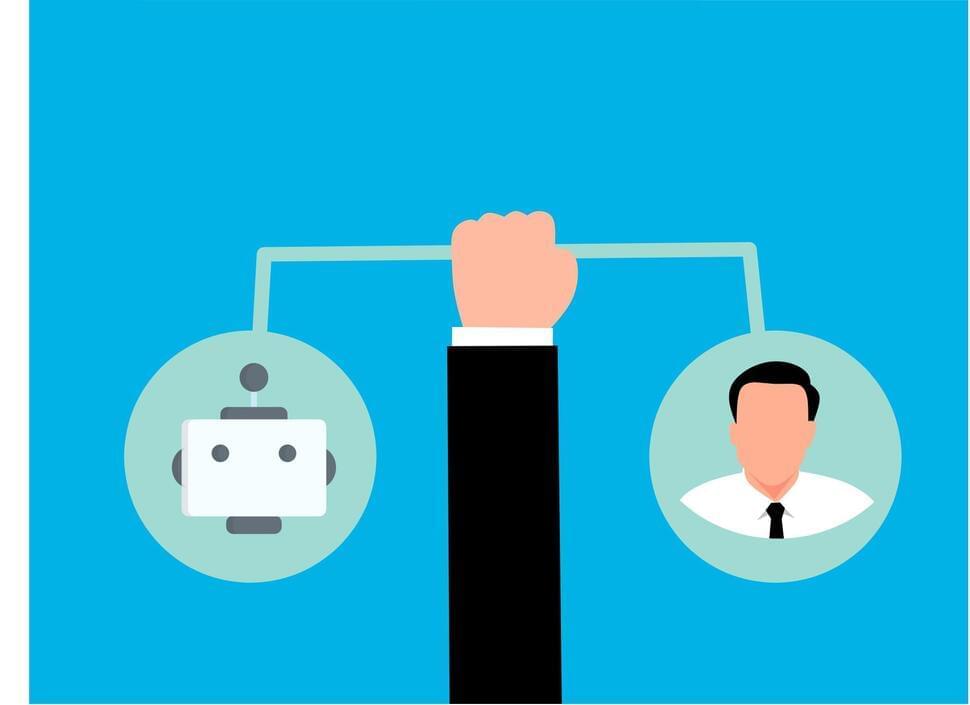What we perceive to be the edge of our universe is not the actual edge of the universe, with most scientists in agreement that more space lies hidden beyond what we’re able to see. Last time out, we travelled to the very edge of our observable universe. But today, we will be going even farther, as we wade out into the darkness of the unobservable universe.
Watch Part 1 (Journey to the Edge of the Universe): https://youtu.be/QhM5zAVvOI4
If you use these videos for sleeping, check out the Sleeping Space Playlist! It’s a collection of my most chilled out and audible videos, suitable for shuffling.
Join my Discord Server: https://discord.com/invite/sea.
Support the Channel on Patreon: https://www.patreon.com/sea_media.
Become a channel member on YouTube: https://youtube.com/seaMedia/join.
Merchandise: https://the-sea-store.creator-spring.com.
Business Enquiries: [email protected].
Soundtrack by CO.AG Music: https://www.youtube.com/@co.agmusic1823
- Taboo-Inspired Intro Track: https://youtu.be/YA3yfPh38mc.
- Strange Days Ahead: https://youtu.be/QaGsRzO-2EA
- The Last Breath: https://youtu.be/AekcHz0ZdjU
- The Monolith: https://youtu.be/XK_iQLGpId0
- ESP Background Track: https://youtu.be/rT2ONCrdtVU
- Encounter: https://youtu.be/vxdlSXZvxL0
- Direct Space: https://youtu.be/G7-3crlxDDE
- Do You Understand: https://youtu.be/BXmPuHqXUzc.
- Phonon: https://youtu.be/2Mgk6jem7Zg.
- Dark Enigma 13: https://youtu.be/mGFxASTdnhc.
- Book of the Dead: https://youtu.be/6X3RYrOy1RE
FOOTAGE:





